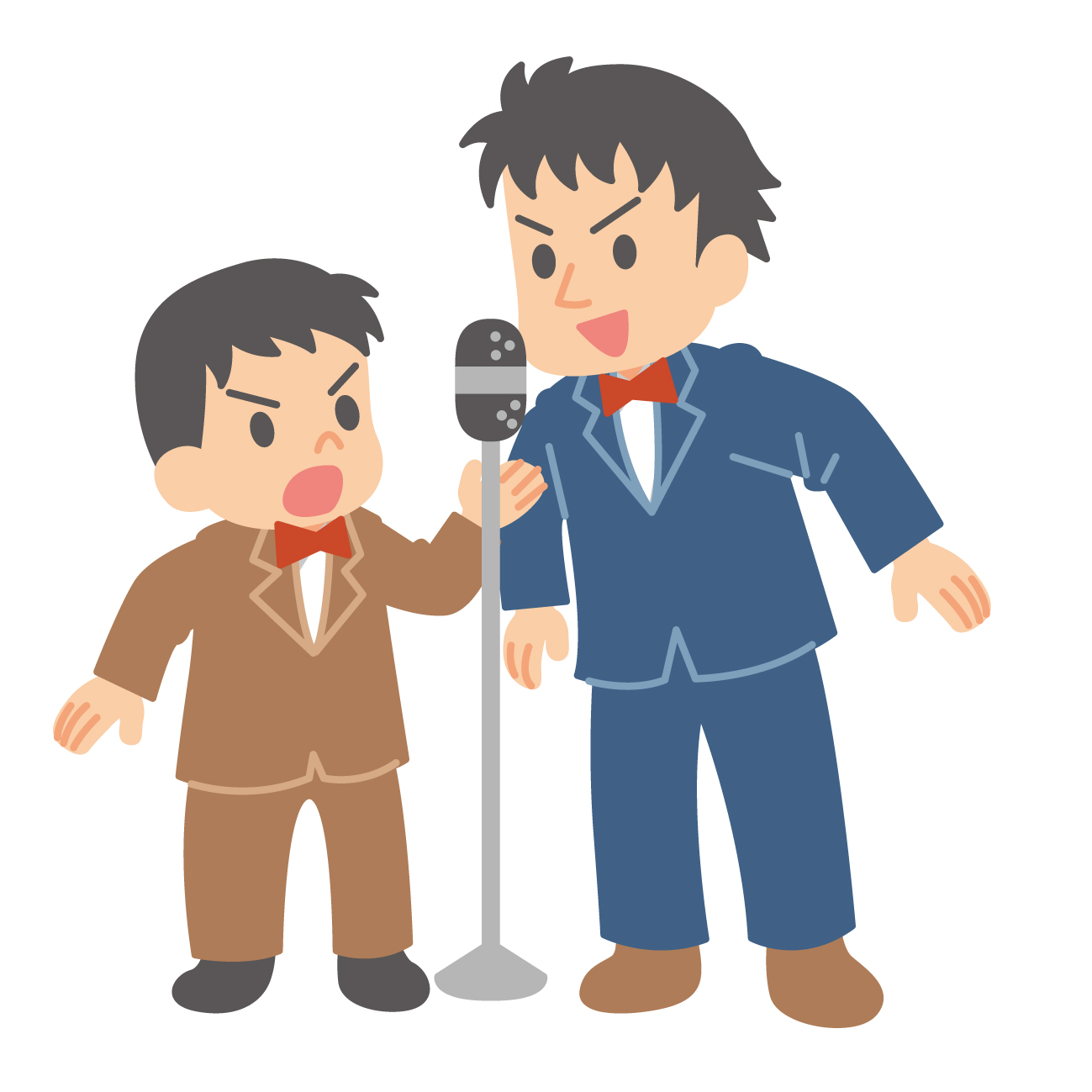
Mao Goto is a Japanese freelancer who was born in Hayama, Kanagawa prefecture, and raised in Tokyo. Since 2016 she lives in the Taito Ward, home to a lot of Japanese culture hotspots such as Asakusa, Akihabara, and Ueno. She has been interested in the field of English education in Japan and got her Master’s degree in March 2020. A lover of photography, travel, sweets, and cross-stitch. Contact her via Facebook.
This post may contain some affiliate links. When you click through and make a purchase we may receive some commission, at no extra cost to you.
Comedy is what you want to watch when you need a good laugh. Comedians around the world work hard every day on TV and on stage to bring laughter to their audiences. Comedy is also very popular in Japan, with live comedy performances on various stages and on TV. So what exactly is comedy in Japan? How does comedy in Japan differ from other countries? Let’s take a closer look at the colorful world of Japanese comedy.
What is Owarai?

In Japan, comedy, in general, is called “owarai (お笑い)”, and is a form of entertainment in which comedians bring laughter to their audiences on stage through TV shows and manzai programs. There are many different types of comedy, including situational comedy, comedies in which only one person puts on a show, comedies in which two or three people work as a group, impersonation comedies, comedy musicals, and more. Comedy shows are held on stages all over Japan, and many customers go to comedy shows in search of a good laugh.
Manzai
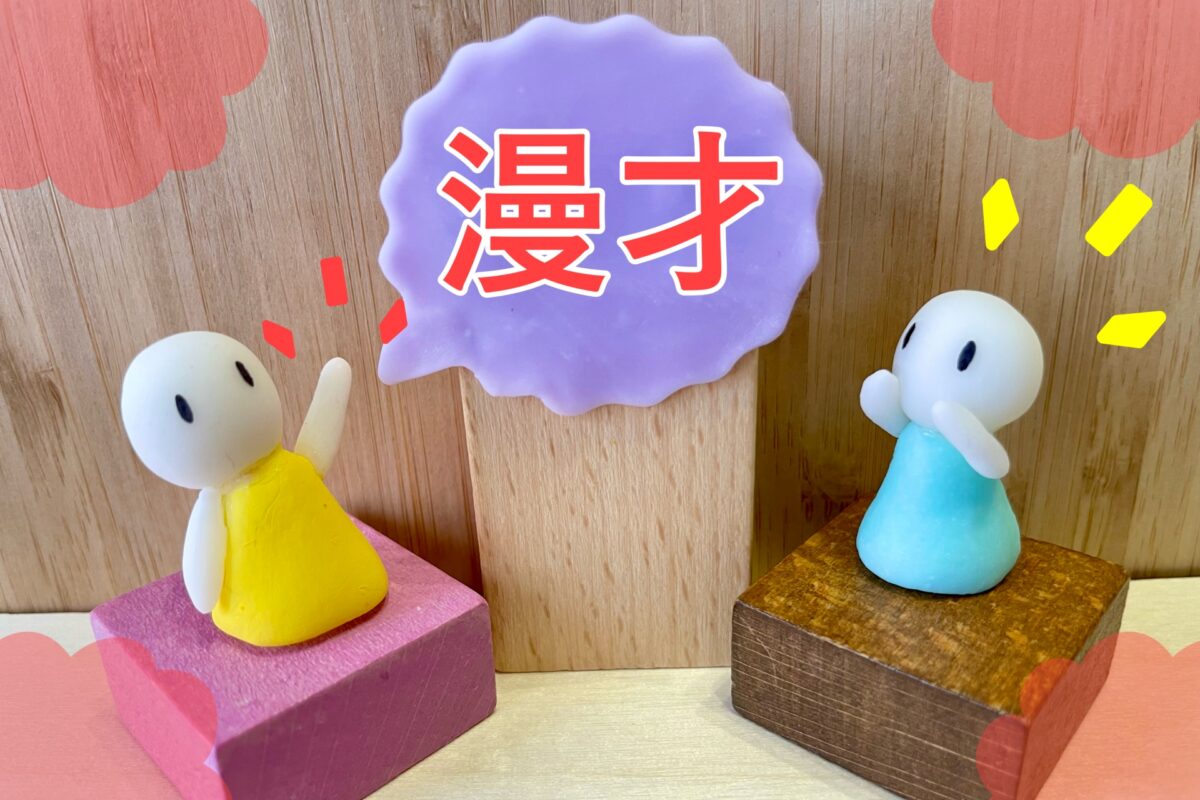
One popular type of “owarai” is called “漫才 (manzai)”. Manzai is basically a pair of two comedians acting out two roles respectively called “ボケ(boke)” and “ツッコミ(tsukkomi)”. “Boke” is the person who says funny or unintelligible things in the show’s material, and “tsukkomi” is the person who points out the mistakes or unintelligible things to boke in a fast-paced, laugh-out-loud manner.
You may have often heard this Japanese phrase “なんでやねん (Nandeyanen, Why?)” in that often comes up in Japanese entertainment. This is one of the typical examples of a tsukkomi phrase. Comedy in manzai is the exhilaration of pointing out funny points in a fast-paced and speedy manner, which leads to laughter.
Geinin
The comedian performing owarai is truly the central figure on stage. As mentioned above, there are various types of comedians who are called “芸人 (geinin)”, some of whom perform comedy alone and some of whom perform comedy in groups. Here is a brief introduction to the types of geinin in Japan.
Pin geinin

Pin geinin (ピン芸人) is a performer who works alone. The Japanese word “pin” is said to have originally come from the Portuguese word “pinta”, meaning “point”. At some point in Japan, it transformed into meaning “one” in dice or karuta, and the remnant of this word is said to have influenced the current Japanese word. Since these pin comedians are one-person comedians, many of them do impersonations or perform using props.
Comedy duo (konbi)

A comedy duo (お笑いコンビ, owarai konbi) is a group of two comedians. Comedy duos are often in charge of manzai shows that consist of a boke and tsukkomi comedian. “Konbi” is an abbreviation of “combination”, and unlike a one-person duo, each person has their own role to play in their owarai, which allows them to express their comedy in a richer way in front of the audience.
Comedy Trio
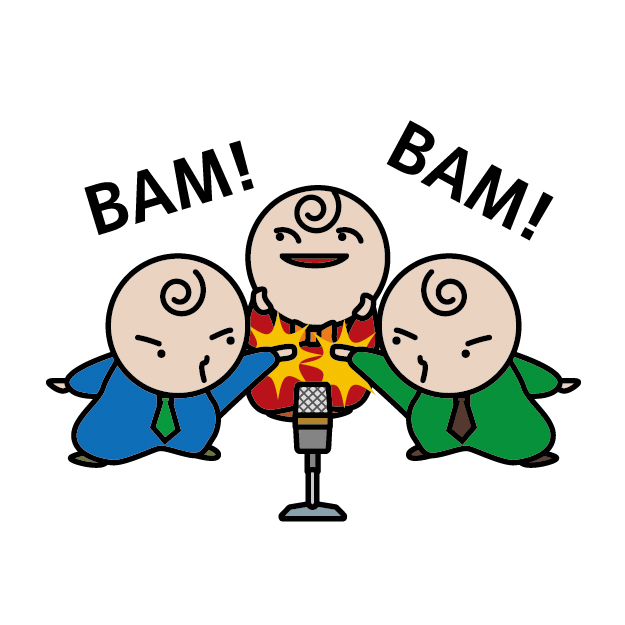
A comedy trio (お笑いトリオ) is a group of three comedians, as trio means “three”. Due to the composition of the group, the members can change up the order and roles of the boke and tsukkomi for varied comedic effects.
Japanese sense of humor
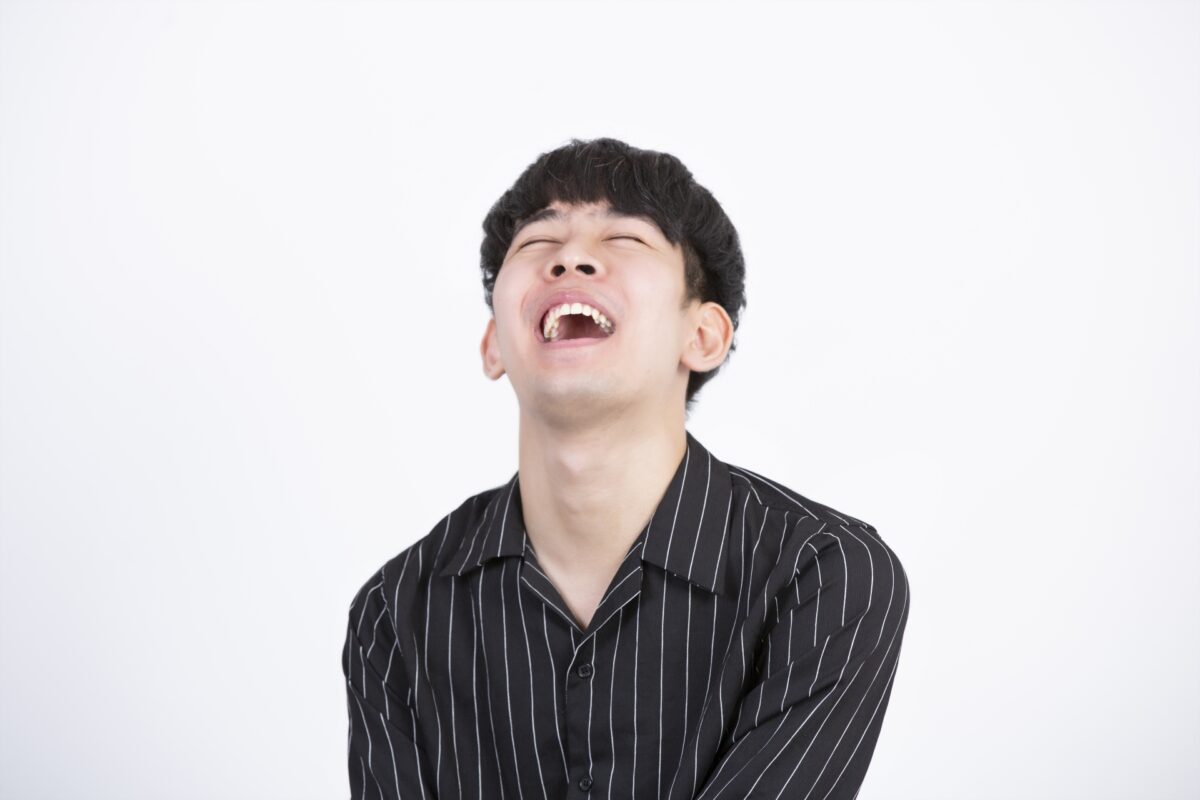
Compared to comedy shows around the world, Japanese comedy and sense of humor is said to be very unique. For example, one characteristic point is that while social satire is popular and influential in the West, there are very few comedians in Japan that address socially sensitive themes such as politics or religion. This is because, in Japan, overtly funny stories and jokes are more likely to be widely accepted than funny takes on a single social issue and making a joke out of it.
But it might come as a shock to see owarai because Japanese comedy often includes mild violence such as slapping the head as the tsukkomi pointing out the joke of the boke, and also making fun of a person’s appearance.
Another difference is that in Japan, comedies are often performed by several comedians as a group such as comedy duos or comedy trios, whereas in the West, stand-up comedy is often performed by just one person.
Where to see Owarai in Japan
If you want to experience this kind of unique Japanese comedy, the best way is to go to a live Japanese owarai show. One of the best places to see a show is Yoshimoto Theater, which has three main locations in Osaka, Hakata, and Tokyo. Yoshimoto is known as a well-established comedian agency with both new and veteran comedians. If you want to see famous Japanese comedians perform live, you should visit the live venues of Yoshimoto Theater. If you want to see live performances more easily, you can watch comedy shows that are often being broadcasted on TV. Owarai competitions in which comedians compete with each other with their stories to win are aired several times a year, and you can also watch these programs on TV. Recently, many Japanese comedians have been making their way to YouTube to perform their comedy, so if you have a favorite Japanese comedian that you would like to watch and enjoy, YouTube may be a good place to start.
We have looked at what “owarai” is in this article, but how is Japanese comedy different from that in your country? The point of laughter may differ from country to country because of cultural and national influences. If you are interested in Japanese comedy, please feel free to visit an owarai theater, watch YouTube videos or catch a show on TV to experience Japanese comedy. We hope you can find your favorite geinin and enjoy their comedy!
Japan Wonder Travel Tours
Japan Wonder Travel is a travel agency that offers guided tours throughout Japan.
From private walking tours to delicious Food and Drink tours, we can help you organize the best tours just for you! If you want to explore Japan and learn more about the history and backstories of each area you are visiting, our knowledgeable and friendly English speaking guides will happily take you to the best spots!
In addition, we can provide you with any assistance you may need for your upcoming trip to Japan, so please feel free to contact us if you have any questions or need some help!
▶Tokyo Tsukiji Fish Market Food and Drink Tour
Explore the most lively and popular fish market in Tokyo and try some of the local’s favorite street foods and sake with one of our friendly and knowledgeable English speaking guides!

▶Tokyo 1–Day Highlights Private Walking Tour (8 Hours)
There’s no better way to explore an area than taking a tour with a knowledgeable local guide. You will have the chance to learn about the history and interesting background stories of Tokyo, as well as discover some hidden gems which can be hard to do without a guide.
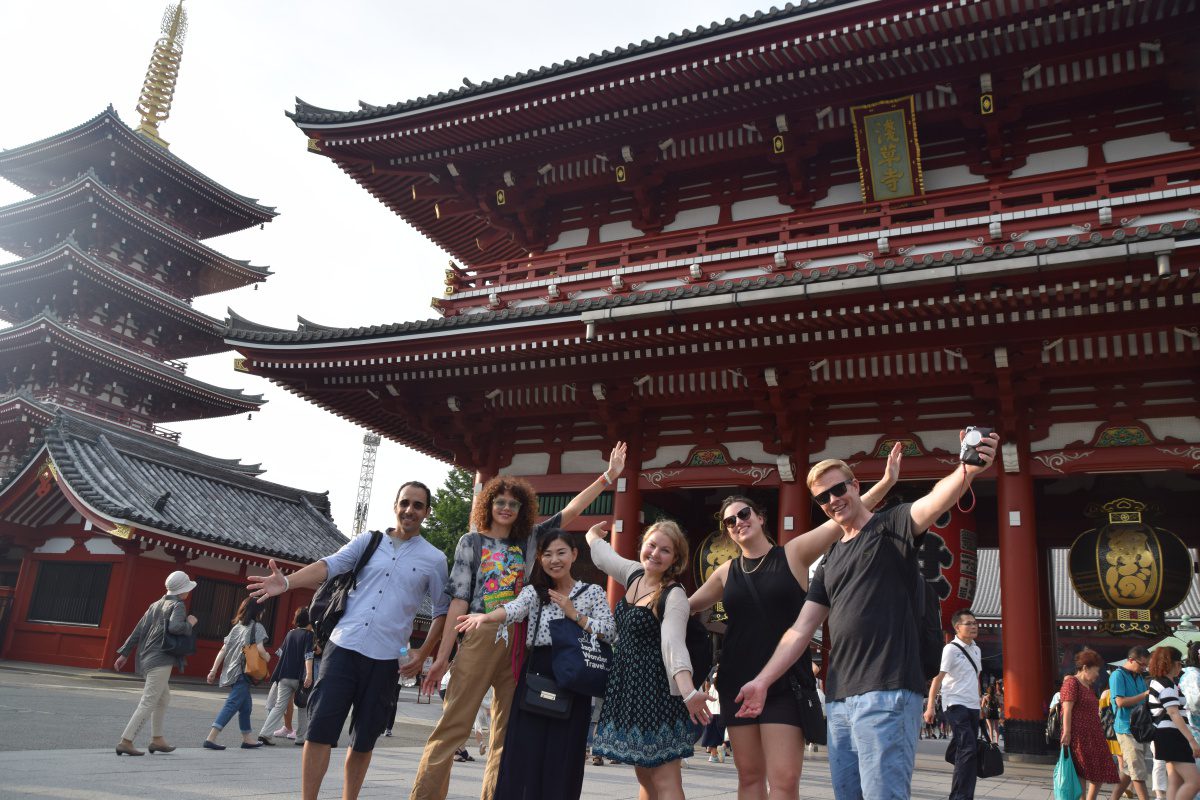
▶Mt. Fuji Day Trip Bus Tour from Tokyo
Experience the breathtaking views of Mt. Fuji by visiting the highlights of the area on our guided sightseeing bus tour! Departing from Shinjuku in central Tokyo, you can travel comfortably to all of the best spots in the area by bus.
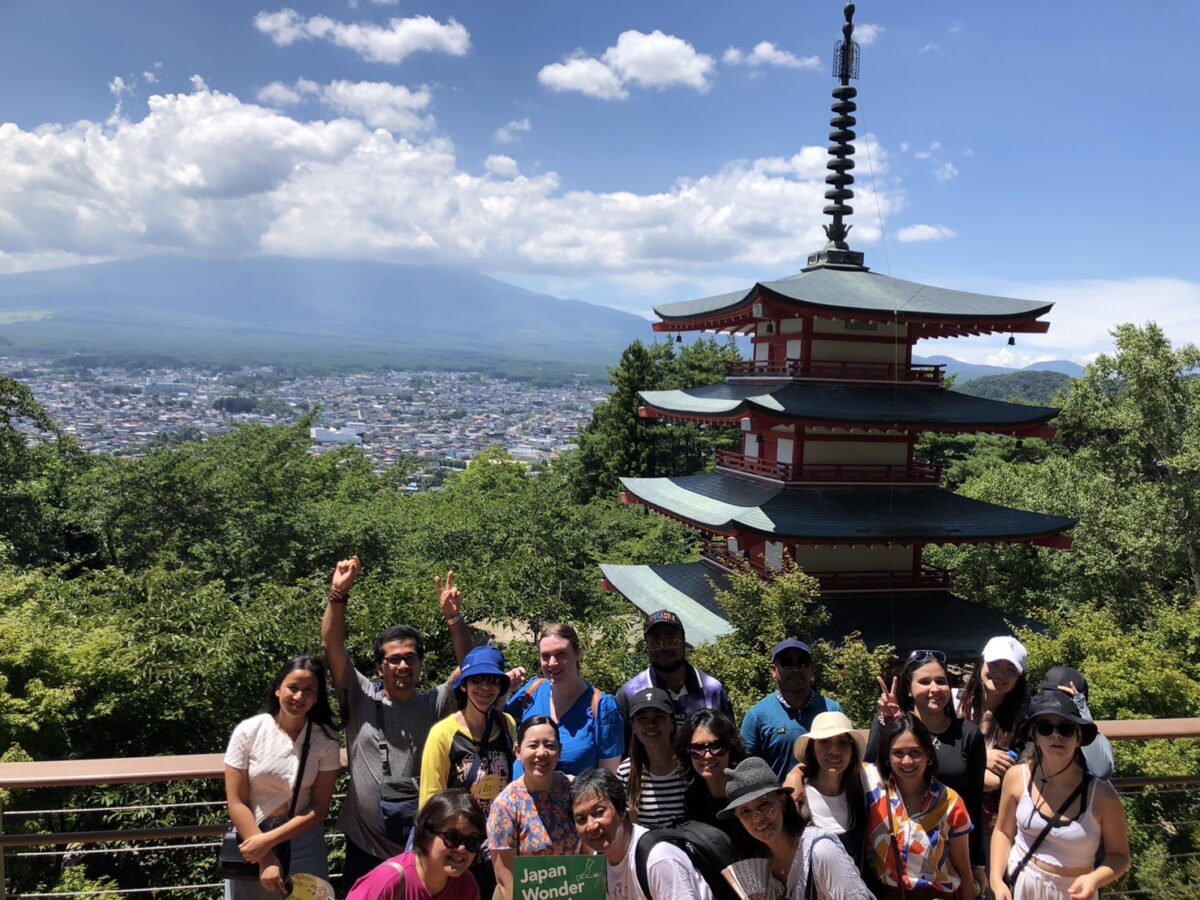
▶Kyoto Private Full Day Walking Tour
On this full-day private tour of Kyoto, you will be able to see the highlights of Kyoto in just one day and at the same time develop a deeper understanding of both the culture of the area and Japan as a whole.
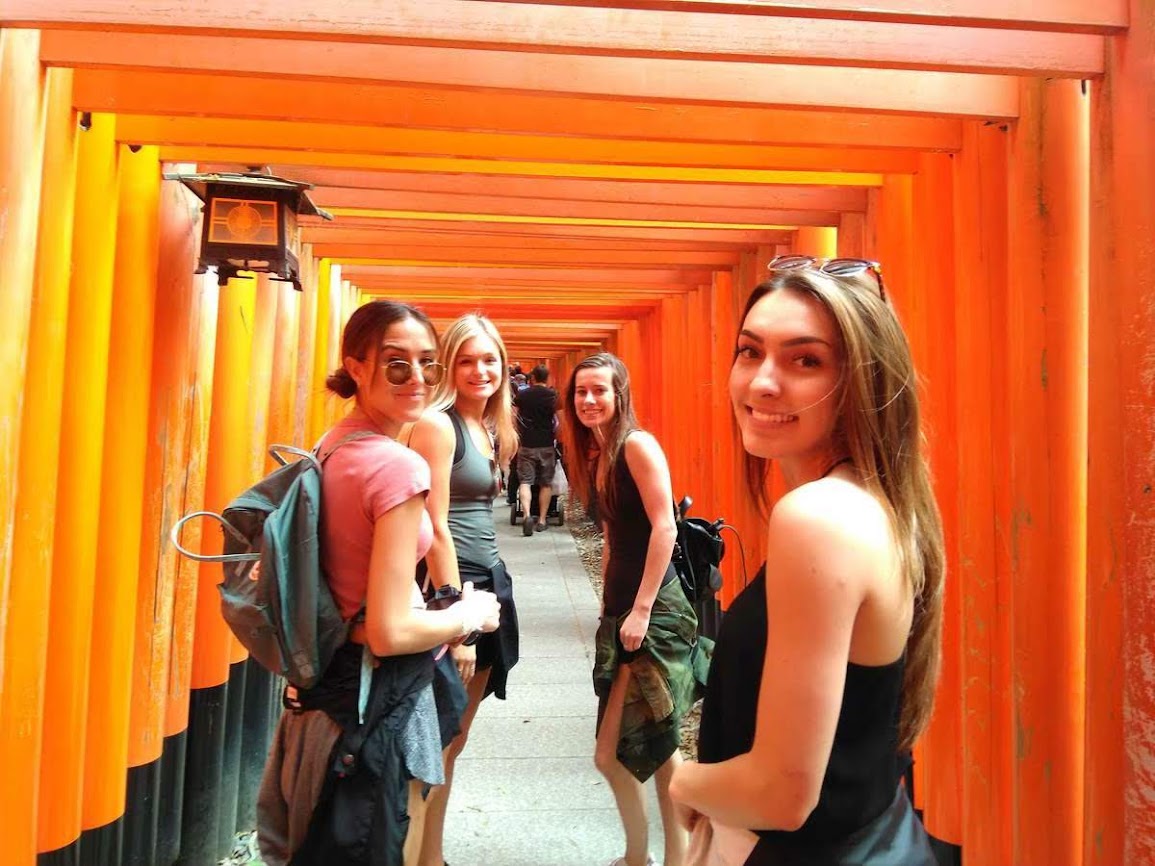
Follow us on Instagram, Facebook, Twitter, and TikTok for more travel inspiration. Or tag us to get featured!
Happy traveling!
